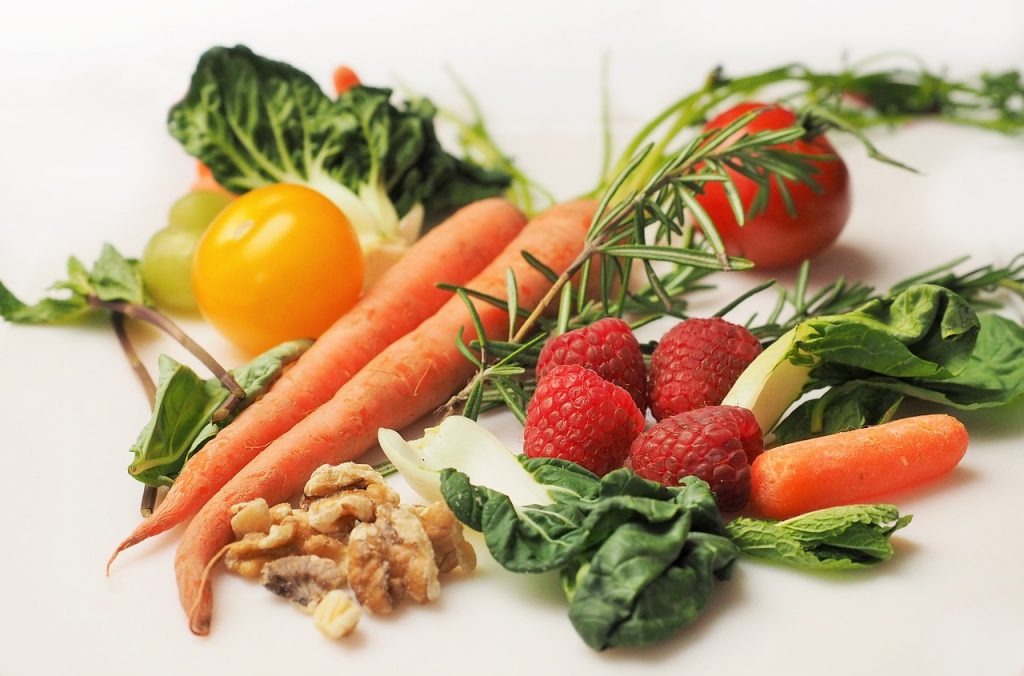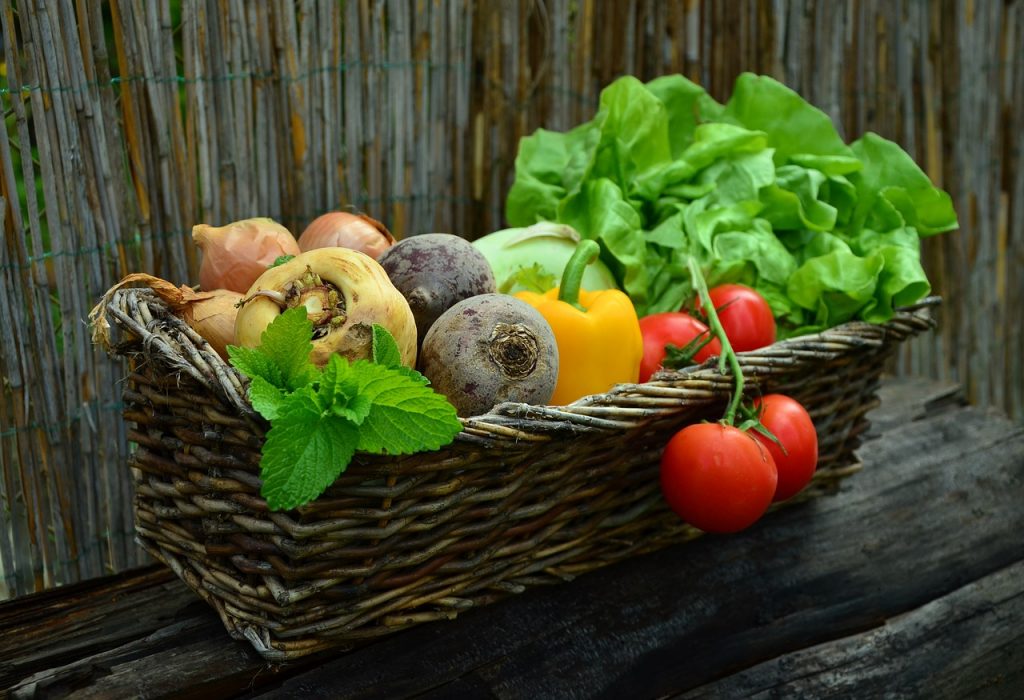Are Organic Foods Worth Buying?
Find out if organic foods are really worth the extra cost.
This article is more than 2 years old

It can be said that the food culture in the United States, at present, can be defined by a slew of dietary trends and beliefs, some of which are grounded in merit. For instance, some are reducing their meat intake in an effort to help curb the amount of methane being spewed into the atmosphere as a result of immense cattle farming. Others have opted for lifestyle changes and have taken a whole foods approach to eating or have adopted vegetarian or vegan diets. Still, others fall victim to fads like Atkins or Keto diets that have been pumped up in popularity due to clever marketing. That being said, right in the midst of this ever-changing, complex, and evolving food culture is organic foods.
Organic foods can be defined as, crops that are grown “without the use of synthetic herbicides, pesticides, and fertilizers, or bioengineered genes” and dairy and animal products that are “raised in living conditions accommodating their natural behaviors” without being “given antibiotics, growth hormones, or any animal by-products.” Essentially, they are foods free of any unnatural or potentially harmful substances. Organic foods are widely associated with being a healthier alternative to traditionally produced foods. That sounds like a great thing, however, what’s not so great is that organic foods typically cost a premium in comparison to non-organic foods. Thus, we went on a quest to determine whether or not organic foods actually deserve the massive amount of hype that they are surrounded by and if they are at all worth buying.
ARE THEY ARE WHAT THEY SAY THEY ARE?

Before determining whether or not organic foods are worth shelling out the extra dough for, we thought it pertinent to first understand if they are all as carefully regulated as they are widely thought to be. However, the answer to that question is not quite as simple as some organic food producers and manufacturers would have you believe. The uncertainly all lies in how the organic food is labeled.
The United States Department of Agriculture (USDA) clearly outlines on its website how farmers and manufacturers should go about properly cultivating, handling, and labeling organically grown and produced food. Unfortunately, according to the Huffington Post, many companies have been able to circumnavigate those stringent guidelines by slightly altering the phrasing of how they label their foods. For instance, a label that reads “made with organic ingredients” means that only 70% of the food’s composition is organic. Navigating cryptic labeling such as this could potentially be very confusing for consumers.
Moreover, pesticide-free doesn’t actually mean pesticide-free. According to CNET, what it actually means is that organic foods were not treated with any toxic pesticides. In fact, the USDA actually published a list of acceptable pesticides that farmers can use on their organic crops. Despite the confusion around labeling and the misconceptions related to pesticides, the majority of organic foods have truly been found to uphold the USDA standards and have been proven (in multiple studies) to have minimal non-toxic pesticide residue and exceedingly low levels of other toxic substances in comparison to standard grade food. The takeaway here is that, yes organic foods are organic, you just might have to do a little research to understand exactly what you are getting.
CAN THEY HELP YOUR HEALTH?

It’s clear that organic foods are largely free of potentially harmful substances, but how does this translate in terms of the potential health benefits? Considering that pesticides have been linked to possibly causing serious diseases like cancer, the answer once again is seemingly simple. However, it is not that cut and dry.
While it is clear that organic foods have much lower levels of pesticides, scientists have yet to prove that these lower levels actually have a significant effect on preventing serious illness. Still, some organic foods have been found to have nutrient levels that are significantly denser than that of their pesticide-treated counterparts, which is never a bad thing.
Moreover, when looking at organically raised animal-derivative products like meat and dairy the science is much more clear cut. NPR reported that organic meat and dairy products typically contain 50% more omega-3 fatty acids than non-organic meat and dairy products. Omega-3 fatty acids have been proven to aid in preventing serious cardiovascular diseases and have been known to aid in the development of more robust immune functionality. So even though it still remains uncertain if the reduction of pesticides has a direct impact on a person’s health, it is clear that organic foods are more densely packed with nutrients across the board, which in itself could have a positive impact on an individual’s overall quality of an individual’s well-being.
SHOULD YOU DISH OUT THE EXTRA DOUGH?

The answer to this question ultimately comes down to a personal decision. However, considering the facts, producers of organic foods are held to stringent guidelines and as a result, they have consistently been found to have exceedingly lower levels of pesticides and are more nutrient-rich than non-organic foods. That being said, shopping for truly organic foods can be an arduous task because of inconsistent and confusing labeling. Thus, if you have the extra money to dole out, organic foods may have potential health benefits, but it is imperative to do your due diligence in order to make sure you are actually paying for the product that you think you are.



